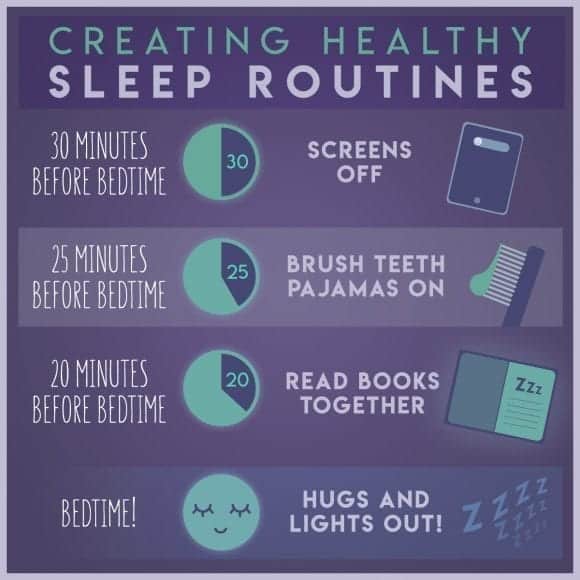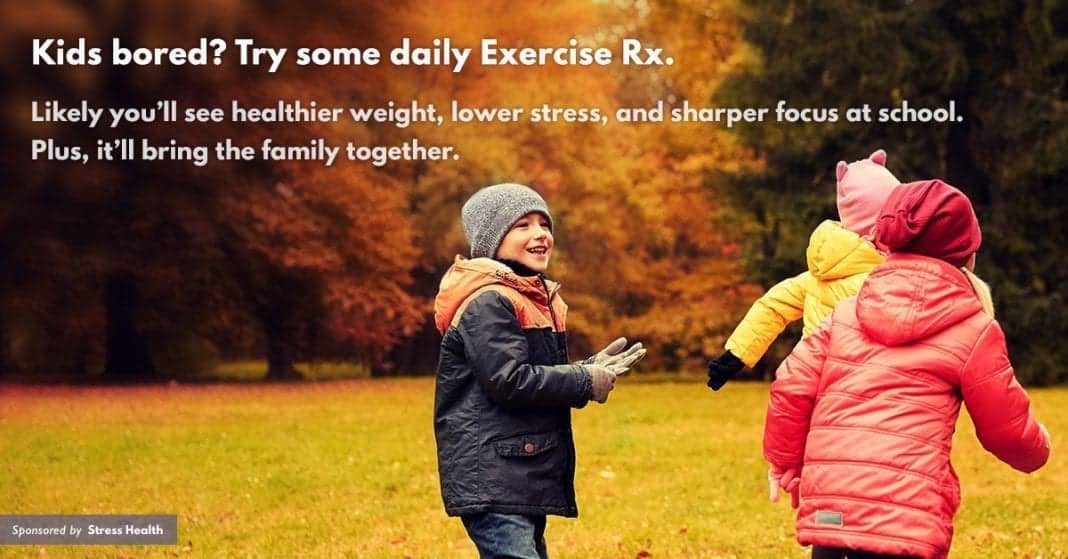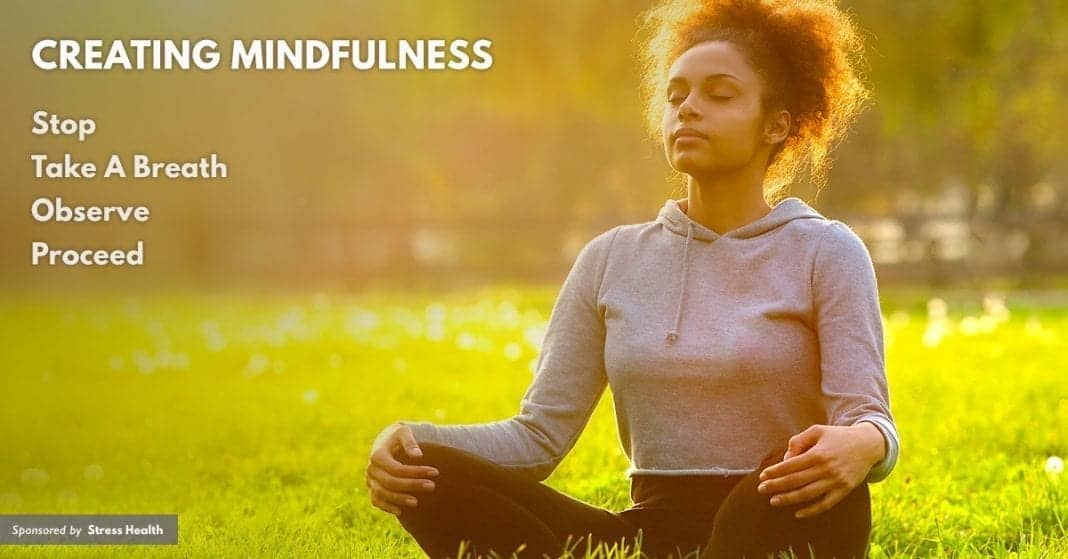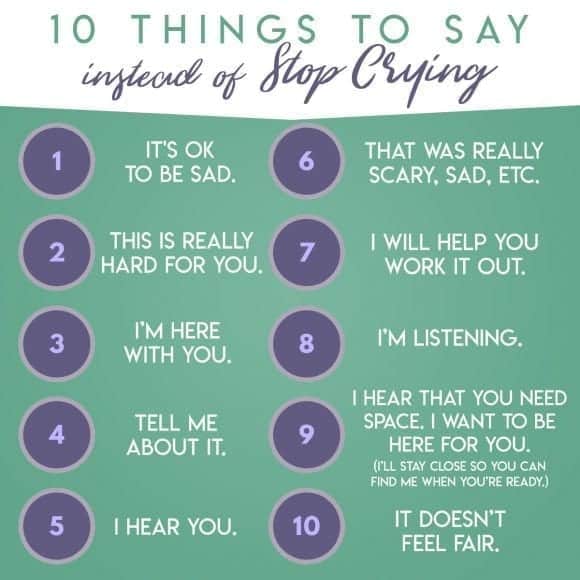
We rarely, if ever, think about kids experiencing stress or the potential effects that stress might have on them. When we think of stress it is usually within the context of adults having too much on their plate. Trying to cope with work and family, finances, and medical issues, “stressing out” is seen as a condition that impacts those old enough to have responsibilities to juggle. What could possibly cause stress that was severe enough to have physical and psychological impacts on a child? How could it have repercussions for those children as adults and their own child-rearing abilities?
What Counts As Childhood Stress?

Stressful events in a child or adolescents life are very common. However, we are not talking about being worried about a test at school, or falling down and grazing a knee. The kind of situations that can cause toxic levels of stress are referred to as Adverse Childhood Experiences, of ACEs and include things like physical, emotional, or sexual abuse or neglect. Other major life stressors such as the divorce of a child’s parents, living with someone who has a substance abuse problem, or being witness to domestic violence are also ACEs. They can happen to anyone and can have lasting effects on someone’s health.
Adverse Childhood Experiences (ACEs) Include
What Impact Do ACEs Have?
Left unaddressed ACEs can affect all areas of a child’s development. Children impacted by any one or more of the ten events mentioned may encounter issues around physical growth, the ability to learn, behavioral issues, immune system problems, and even genetic changes.
Without intervention kids with exposure to ACEs can have more than double the lifetime risk of heart disease and a number of forms of cancer as well as up to a 20-year decrease in life expectancy. Then there is a higher risk of obesity, depression, substance abuse, smoking lung problems, other chronic health conditions, and teen pregnancy.
If you’d like to learn more, here is an excellent TEDtalk by Pediatrician Nadine Burke Harris where she explains that the repeated stress of abuse, neglect and parents struggling with mental health or substance abuse issues has real, tangible effects on the development of the brain.
Who Is At Risk?

There is no cut and dried method to say person A will suffer adverse effects from ACEs but person B will not. Instead, there is a tool that doctors can use that will show who is more likely or less likely to be negatively impacted.
This tool is the ACE quiz and it is used to identify people who are most at risk. You can take the ACE quiz for yourself here, or fill it out on behalf of a child for whom you are concerned.
What Can Be Done To Help?

If like approximately half of us, your child has been exposed to ACEs it doesn’t mean they are destined to have long-term physical and emotional problems. And if you are suffering issues as an adult that are the result of ACE’s, there are a number of things you can do to help yourself.
By offering consistent, loving support to a child you help them to feel safe and secure. These feelings help mitigate the impacts of ACEs and, along the following positive lifestyle choices can help to ensure an affected child doesn’t have to grow into a damaged adult.
Eating healthy food

Getting a good night’s sleep

Getting regular exercise

Practicing mindfulness

Getting mental health support

 Disclosure: I was paid to write and publish this article on Redheaded Patti. All opinions are my own, and the points of view in this post were not influenced in any way by the sponsor.
Disclosure: I was paid to write and publish this article on Redheaded Patti. All opinions are my own, and the points of view in this post were not influenced in any way by the sponsor.




